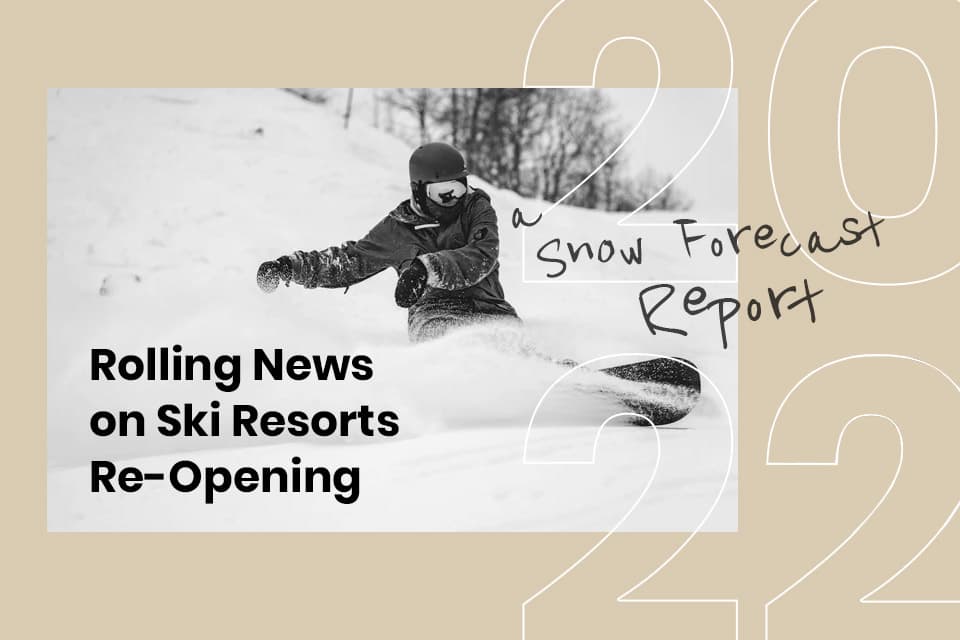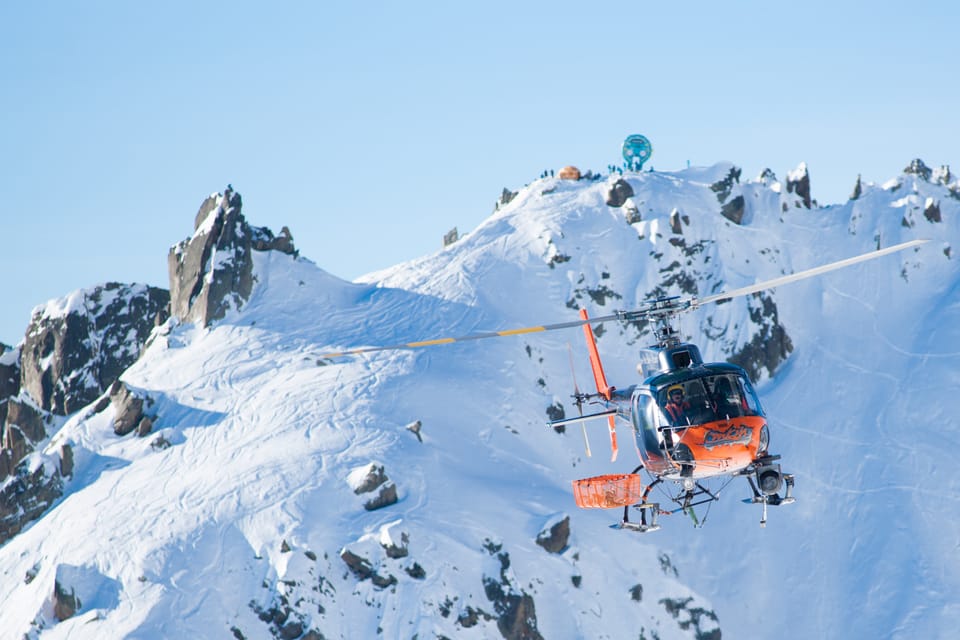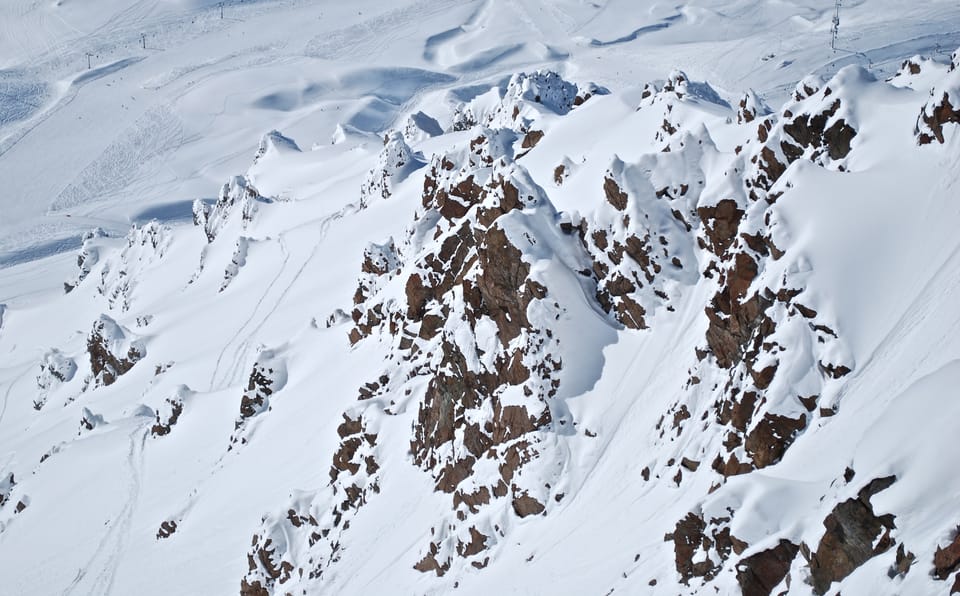Freeze Yourself Fit
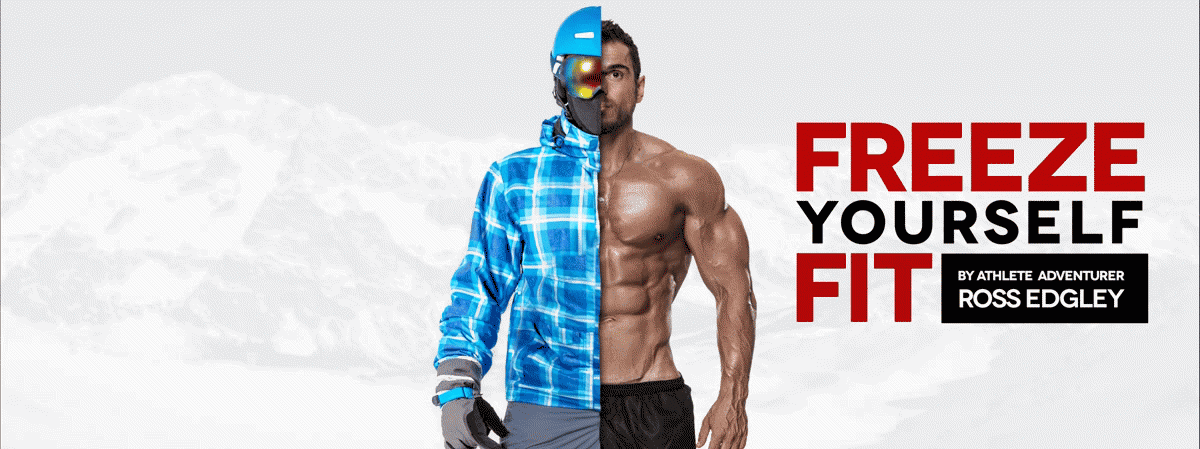
FREEZE YOURSELF FIT
5 benefits of training cold
Train hard and train cold. One of the simplest training methods known to man, but recent studies from the world of sport and military science show it could also be one of the most effective. That’s because scientists have linked cold-weather training to everything from an improved immune system to accelerated fat loss.
Is it conventional? Nope. Does it work? Absolutely! Miles away from the warmth and comfort of any gym, here are 5 ways you can Freeze Yourself Fit…
-
Burn More Fat:
Training in the cold can burn more fat!
It’s a bold claim I know, but research from the Journal of Medicine and Science in Sport and Exercise wanted to determine if cold conditions could increase the rate at which we burn calories during exercise. To test this they gathered a group of athletes, put them in all t-shirts and shorts, and then made them train for 1 hour on a static bike.
Monitoring their energy consumption at -10ºC and 22ºC they discovered, “The total energy expenditure for 60 minutes of exercise was 13% higher in the cold environment. These results indicate that a cold environment can significantly enhance the burning of fat during exercise.”
Speaking from experience I have to agree too. It’s the only explanation as to why when working in remote, rural Russia — as an Evenki herder — in temperatures as low as -50ºC, I could eat 7,000 calories a day and not gain a single ounce of body fat.
As for my frosted beard, there’s no explaining that.
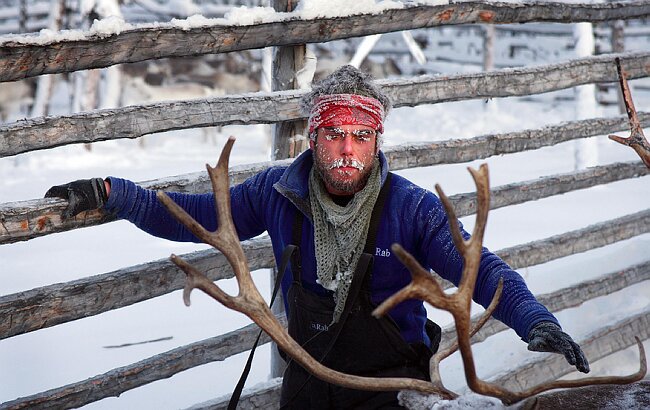
-
Eat More with a Free Diet Pass
But wait, the good news for your new winter waistline doesn’t stop there.
According to The New England Journal of Medicine the cold weather can do more than just tip the calories-in-calories-out equation in your favour. Instead scientists found it can actually improve your body’s ability to absorb carbohydrates and sugars too.
Whilst modern science acknowledges we still don’t fully understand how, we believe it’s related to our lesser well-known brown fat cells. Known as ‘good fat’ this is very different to the bad ‘white fat’ that we begrudgingly store in the form of double chins and love handles. Instead brown fat generates heat to increase our core temperature and it’s this, “Metabolically active brown adipose tissue” that when activated is believed to improve our ability to process sugar-rich foods.
This is why in an Evenki camp, 50% of its contents is firewood and the other 50% is food. Not just any food either, mouth-watering, calorie-dense treats like their homemade doughnuts rolled in butter and sugar. Yes, they’re as good as they sound and I had mine with a whey protein shake.
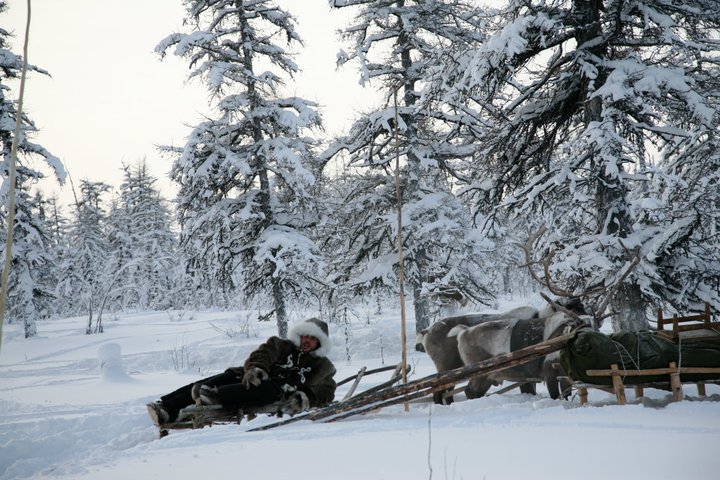
-
A Colder Marathon is a Quicker Marathon:
I won’t lie. Running barefoot on a sun-drenched beach is pretty awesome! In contrast the face-numbing cold you face in Olenyok is less so. But according to research from the US Army Research Institute of Environmental Medicine it could be a small price to pay when you knock minutes off your marathon times.
This is because after analysing 140 race-years of data they found that, “It is generally appreciated that warm weather negatively affects marathon running performance.” Adding, “Marathon performance times slow progressively as weather warms above 5-10 degrees.”
Now I’m not saying the -50ºC temperatures of Russia will guarantee you a sub-3-hour marathon. But what I am saying is there could be light at the end of the ice-ridden tunnel.
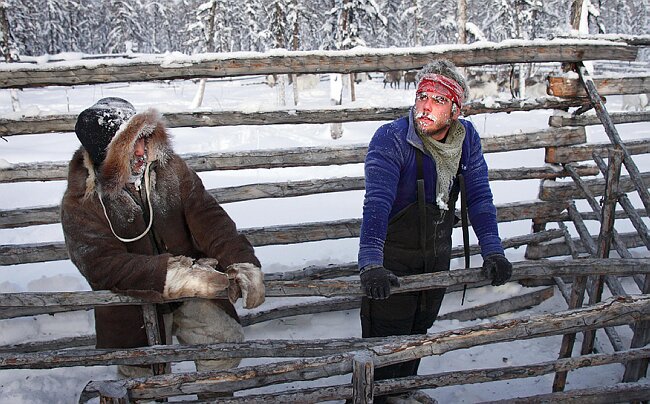
-
Train Hard, Win Easy
“Train hard, win easy” is a brilliant book published in 1997 based on Kenya’s unrivalled long-distance running success.
“Train hard, win easy” is a brilliant book published in 1997 based on Kenya’s unrivalled long-distance running success. But the title also highlights why you should probably think twice before moving your workout indoors and residing to a life of treadmills and comfort.
This is because research from the Journal of Sport Sciences found when you run indoors there’s a distinct lack of air resistance which results, “In a lower energy cost compared with running outdoors at the same velocity.” Put simply, it’s easier and less taxing which means this form of mollycoddled training is less productive for your body.
In summary, if your goal is to improve performance don’t look for an easy way out. Get outside in the wind and rain and improve. Train hard to win easy.
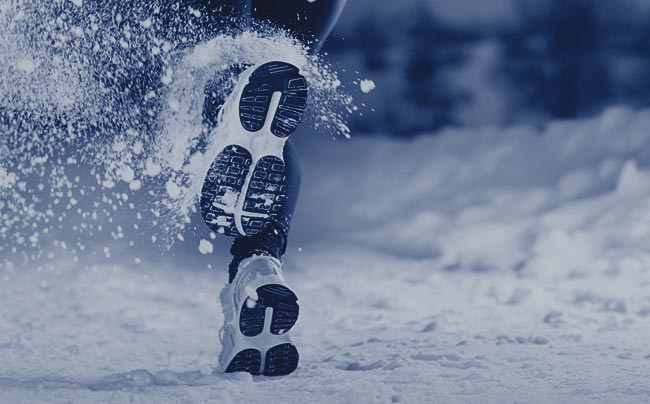
-
Achieve Bulletproof Immunity
The final way to freeze yourself fit is also the most surprising. Research shows attacking a snow-laced hill like something out of a Rocky film can actually improve your immune system and make you less vulnerable to overtraining and becoming ill.
Yes, this is entirely contradictory to the motherly advice given to you as a kid when you were wrapped in a scarf, hat and gloves to fend off Jack Frost. But research published in the European Journal of Applied Physiology and Occupational Physiology found cold weather can trigger our body’s ‘fight or flight’ response and therefore produce, “A small, but significant, increase in the proportions of lymphocytes.”
Lymphocytes are the body’s cells that fight off disease so having more of them during flu season is a welcome physiological adaption of the cold. Probably just as welcome as a free diet pass, a quicker marathon time and a menu of butter-wrapped doughnut treats.
In summary, it doesn’t matter if you’re a snowboarder, an Evenki herder or a keen runner on an ice-cold 7am run. If you understand and implement the above research, both Jack Frost and Mother Nature could be valuable training partners that help you Freeze Yourself Fit.
![]() Ross Edgley is an athlete adventurer, chief sports scientist at THE PROTEIN WORKS™ and considered one of the world’s most travelled fitness experts. He specialises in pushing the boundaries of human physical potential and exploring unchartered territory in the world of sports science, fitness and nutrition
Ross Edgley is an athlete adventurer, chief sports scientist at THE PROTEIN WORKS™ and considered one of the world’s most travelled fitness experts. He specialises in pushing the boundaries of human physical potential and exploring unchartered territory in the world of sports science, fitness and nutrition
Instagram: https://instagram.com/rossedgley/
Twitter: https://twitter.com/rossedgley

